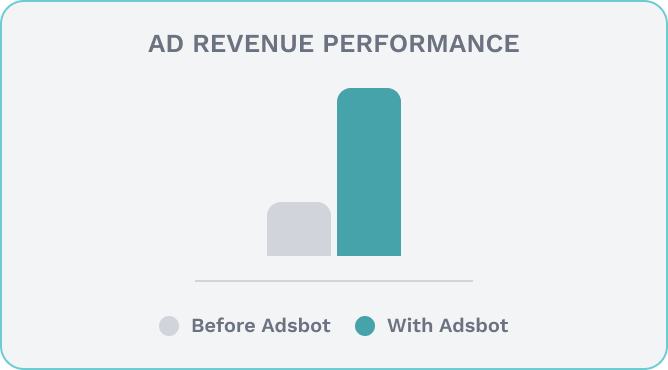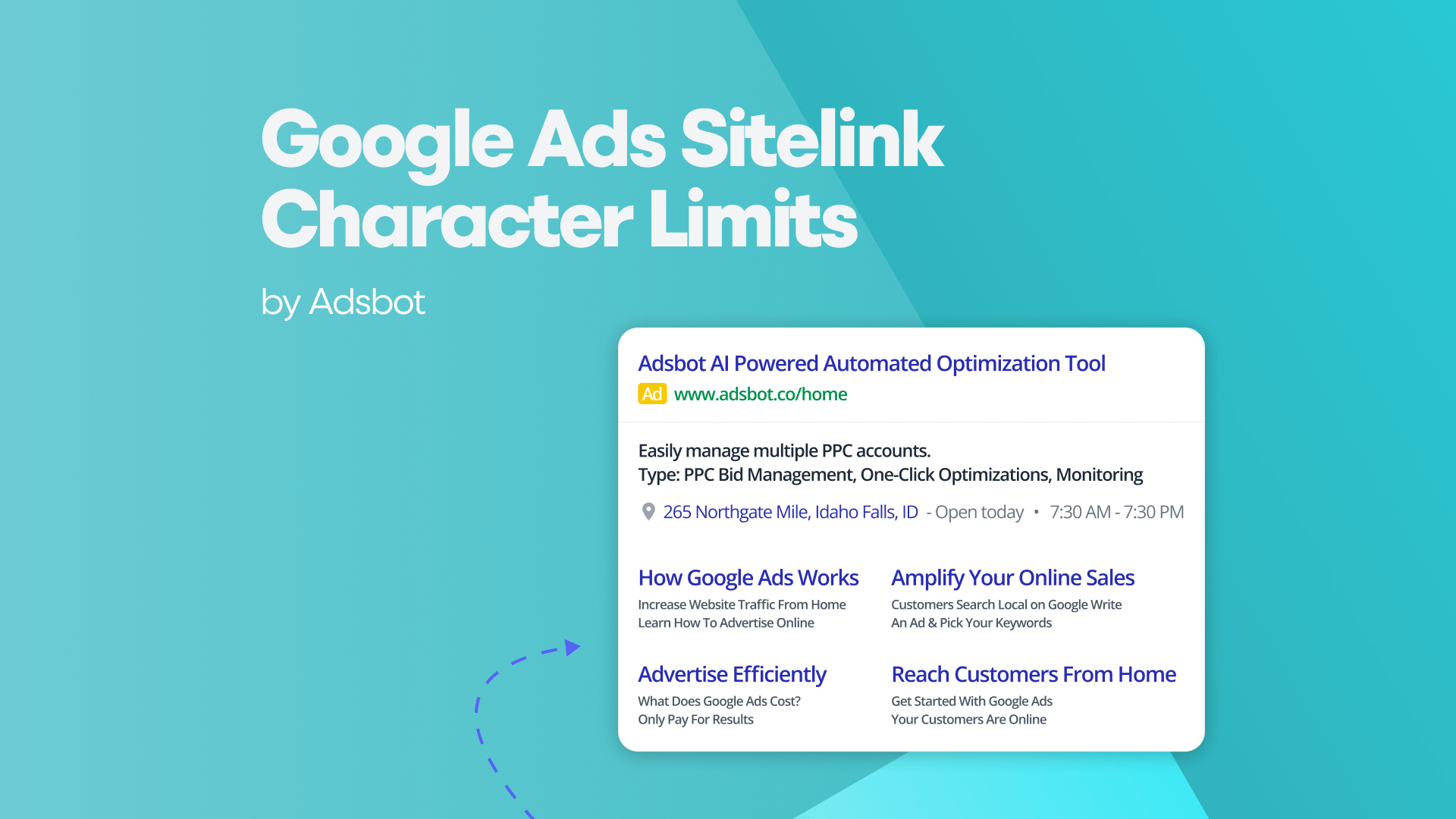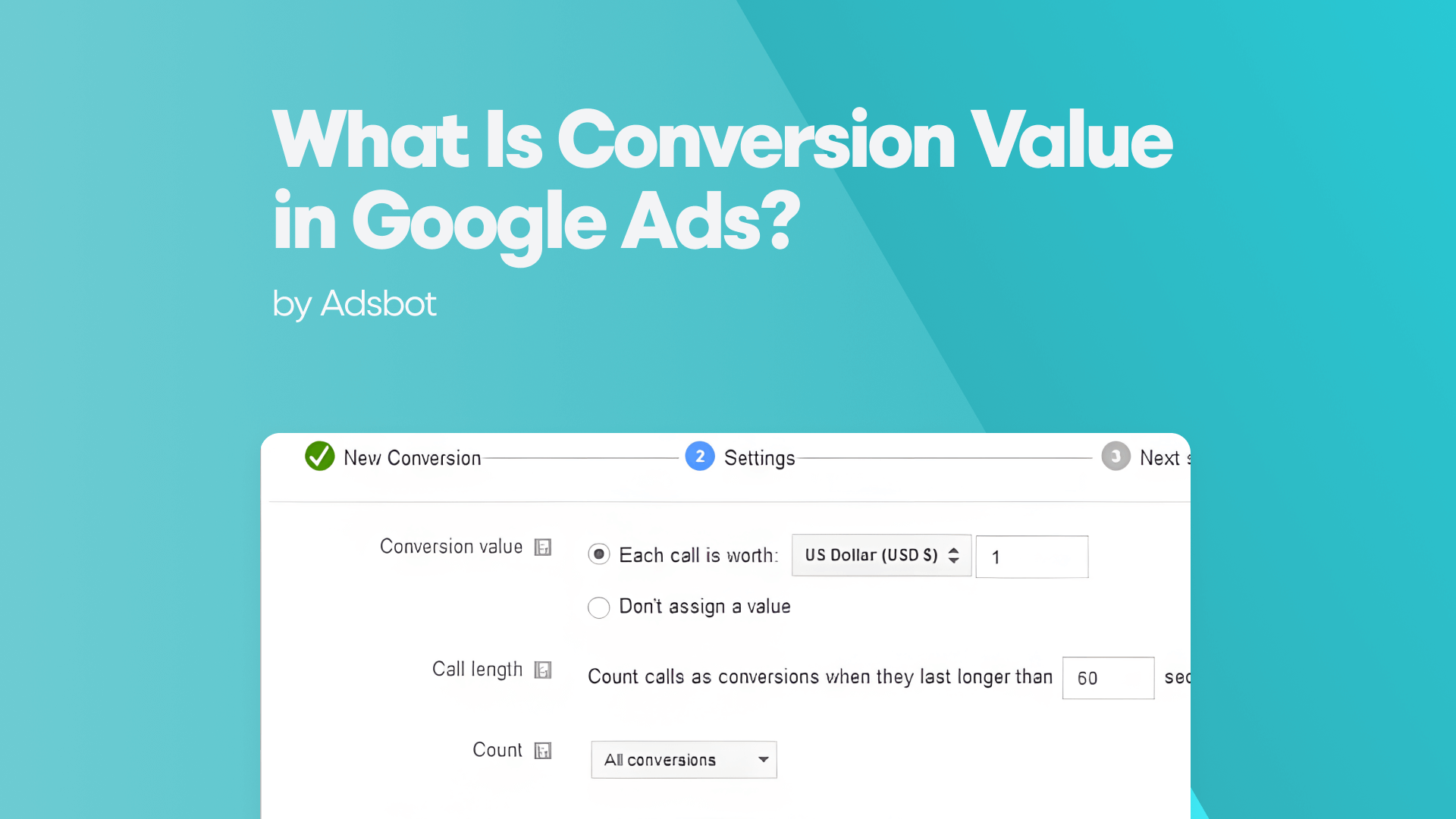A digital marketing audit is a comprehensive evaluation of your online marketing efforts. This process identifies what’s working, what isn’t, and areas for improvement, ensuring your campaigns align with business goals and audience expectations. Conducting regular audits helps businesses optimize their strategies, enhance ROI, and stay competitive in an ever-evolving digital landscape.
A digital marketing audit examines all aspects of your digital marketing ecosystem, from website performance to paid advertising, email campaigns, and social media presence. By analyzing these elements, businesses can uncover gaps, inefficiencies, and opportunities for growth. Unlike ad-hoc performance reviews, an audit takes a holistic view of your marketing activities. It examines metrics like traffic, engagement, conversion rates, and content effectiveness to provide actionable insights.
Why Conduct a Digital Marketing Audit?
Conducting an audit offers several critical benefits for your business. First, it helps identify strengths and weaknesses by pinpointing which channels, campaigns, or strategies are delivering results and which need attention. This leads to better resource allocation. It also ensures alignment with marketing goals, so efforts are directed toward achieving broader business objectives. Enhancing ROI is another major advantage, as audits reveal inefficiencies such as wasted ad spend or low-performing content, enabling cost-effective adjustments. Lastly, staying competitive is vital in the ever-changing digital space. An audit helps you keep up with industry trends, new tools, and shifting audience preferences.
Key Elements of a Digital Marketing Audit
A thorough audit examines various facets of your digital marketing strategy, providing a detailed snapshot of performance across key areas.
Website Performance
Your website is often the first touchpoint for potential customers, making its performance a priority. Evaluate its design, load speed, mobile-friendliness, and overall user experience (UX). Pay attention to technical SEO elements such as site structure and crawlability. Tools like Google Analytics and Google Search Console offer valuable insights into bounce rates, session durations, and page loading times.
SEO Audit
Search engine optimization is a critical driver of organic traffic. Analyze on-page factors such as keyword usage, meta descriptions, and headers, as well as off-page factors like backlinks and domain authority. Identify technical issues like broken links or slow page speeds that may hinder rankings. Tools such as SEMrush and Ahrefs can help provide in-depth SEO data.
Content Marketing
Content is king, but only if it resonates with your audience. Assess the quality, relevance, and performance of your content. Identify opportunities for repurposing or updating older content to maintain relevance. Pay attention to engagement metrics such as shares, likes, and comments. An audit ensures that your content strategy aligns with your brand’s voice and effectively meets audience needs.
Social Media Analysis
Social media platforms are integral to brand visibility and customer engagement. Review follower growth, engagement rates, and the performance of individual posts. Determine which platforms are driving the most traffic and conversions. Social media tools like Hootsuite and Sprout Social can provide analytics for a deeper understanding of your audience’s behavior.
Paid Advertising
Examine the ROI of paid campaigns across platforms such as Google Ads, Facebook, and LinkedIn. Analyze metrics like click-through rates (CTR), cost per click (CPC), and conversion rates. Identify areas of wasted spend and opportunities for optimization, such as refining ad targeting or experimenting with new formats.
Email Marketing
Evaluate email performance, focusing on open rates, click-through rates, and conversions. Ensure your campaigns are segmented and personalized to improve engagement. Look for patterns in unsubscribe rates or low engagement to identify issues with content or frequency.
Digital Marketing Audit Tools
Using the right tools simplifies the audit process and ensures comprehensive analysis. Google Analytics is a staple for tracking website and campaign performance, while SEMrush and Ahrefs provide detailed SEO data. Tools like HubSpot can help with CRM and marketing automation analysis. For social media insights, platforms such as Sprout Social or Buffer are effective, and for email marketing, tools like Mailchimp or Klaviyo are commonly used.
Digital Marketing Audit Services
Some businesses choose to outsource their audits to specialized agencies offering digital marketing audit services. These services provide an external perspective and access to expertise that ensures thorough evaluations. Agencies typically deliver a detailed digital marketing audit report, outlining performance metrics, strengths, weaknesses, and actionable recommendations. Such services are especially beneficial for businesses lacking the resources or expertise for in-house audits.
Crafting a Digital Marketing Audit Report
An effective digital marketing audit report is concise, visually engaging, and actionable. Begin with an executive summary highlighting key findings and recommendations. Use visuals like graphs and charts to simplify complex data. Structure the report by channel (e.g., website, SEO, social media) and include specific metrics, trends, and observations for each area. End with a clear set of action steps to address weaknesses and capitalize on opportunities.
Refining Strategies with a Digital Marketing Strategy Audit
A digital marketing strategy audit takes the process a step further by evaluating the overall strategy behind your efforts. This audit examines whether your goals, audience targeting, and resource allocation align with market trends and business objectives. A strategy audit provides a roadmap for long-term success, ensuring that every campaign contributes to your overarching vision.
Automating Success with Adsbot’s AI Audits
While manual audits and traditional tools are essential, the rise of Artificial Intelligence has introduced a new layer of speed and precision to digital marketing audits. Adsbot’s AI Audit tools connect directly to your ad accounts to provide instant, data-driven diagnostics that go beyond standard reporting. By automating the analysis of complex metrics, Adsbot helps marketers spot hidden inefficiencies and opportunities in seconds.
Here is how AI-powered audits can transform performance across major advertising platforms:
Google Ads AI Audit
For Google Ads, the challenge is often identifying where the budget is being wasted on irrelevant traffic or inefficient targeting. Adsbot’s Google Ads AI Audit scans your entire account landscape to reveal hidden opportunities and critical errors.
-
Granular Precision: It breaks down performance by city, country, and specific times of day, allowing you to focus spend on high-converting hubs and eliminate dead zones.
-
Search Term Optimization: The AI identifies underperforming keywords and irrelevant search terms that drain your budget, transforming this data into powerful negative keyword lists.
-
Budget Efficiency: It detects budget leaks and helps you reallocate funds from bleeding campaigns to those driving actual revenue.
TikTok Ads AI Audit
TikTok moves fast, and high impression counts can often mask poor performance. Adsbot’s TikTok Ads AI audit helps you distinguish between vanity metrics and actual business value.
-
Funnel Visualization: The tool analyzes funnel drop-offs, specifically the Impression-to-Click ratio, to identify campaigns that generate millions of views but fail to drive traffic.
-
Demographic Validation: It validates your age targeting to ensure you aren’t overspending on demographics (like 18-24s) that view your ads but do not convert.
-
Objective Health: The AI flags campaigns stuck in Reach objectives that consume budget without generating clicks or conversions, helping you pivot to performance-focused strategies.
Meta Ads AI Audit
On Meta (Facebook and Instagram), structural fragmentation and ad fatigue are silent killers of ROI. With the Meta Ads AI audit, Adsbot acts as a diagnostic tool that finds the fixes for your funnel strategy.
-
Ad Fatigue Detection: The system spots early warning signs of performance decay, such as declining CTR and rising CPM, alerting you to refresh creatives before costs spike.
-
Platform & Format Breakdowns: It isolates performance by platform (Facebook vs. Instagram) to show exactly where your ads resonate, preventing you from treating both platforms as a single bucket.
-
Traffic Quality: The audit distinguishes between browsers and buyers by cross-referencing link clicks against conversion events, exposing ads that drive volume but zero purchases.
SEO AI Audit
SEO audits often require digging through endless spreadsheet exports, but Adsbot’s AI connects directly to Google Search Console to deliver a real-time strategic roadmap.
-
Smart Opportunity Detection: The AI separates branded searches from generic queries to reveal your true growth potential. It also identifies Low-CTR opportunities, pages with massive impression volume but low clicks—that act as the fastest route to traffic growth.
-
Performance Monitoring: Unlike standard averages, the audit analyzes daily volatility to catch traffic crashes the moment they happen. It also detects cannibalization issues where multiple pages fight for the same rank, signaling a need to consolidate content.
-
Strategic Expansion: It uncovers gaps in international markets and device performance, providing a prioritized list of technical and strategic fixes to help you expand into profitable territories.
Final Thoughts
A well-executed digital marketing audit is a vital component of any successful marketing strategy. Whether conducted in-house or through professional digital marketing audit services, it offers invaluable insights that drive improvements in performance, efficiency, and ROI. By leveraging powerful digital marketing audit tools, businesses can streamline the audit process, create compelling digital marketing audit reports, and refine their strategies for maximum impact. Regular audits ensure that your brand remains competitive, adaptive, and aligned with the needs of your audience.
Popular Posts
-
How Many Keywords Should Be In an Ad Group in Google Ads?
For the vast majority of modern campaigns, the ideal number…
Read more -
Google Ads Script for Dummies: An Introduction
Imagine you have an e-commerce website that sells licensed superhero…
Read more -
Google Ads Sitelink Character Limits
Your Google Ads are cutting off in the middle of…
Read more -
What Is Conversion Value in Google Ads?
What if you could put a price tag on every…
Read more
Register for our Free 14-day Trial now!
No credit card required, cancel anytime.






